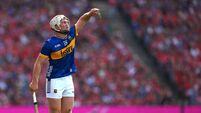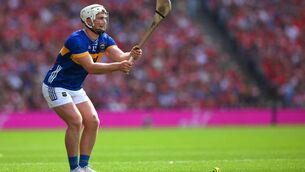Kildare hope to send O'Dwyer out on a high note
In the words of County Board chairman Andrias O'Sullivan a fellow Kerryman his impact has been 'immeasurable'.
"Before he came here everybody knows the level football in the county was at. He raised the profile of the game out of all proportion.














